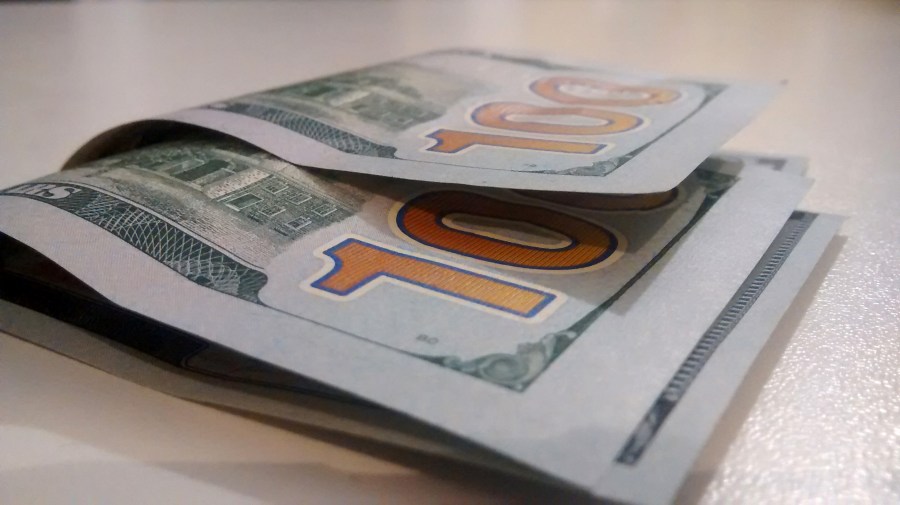

HELOC, or home equity line of credit, is a loan that is secured by your home. It is also referred to as a second mortgage. Your most valuable asset is often times your home and it can be used as collateral for pulling out another loan.
A consequence of doing this is that if you are unable to make good on your debt, then the lender may foreclose on your home, forcing you to either sell or give up your home. Thinking back to when you received your first home loan, there were stacks of papers that had to be signed. Those papers said that if you were unable to pay back the mortgage, the bank would reposes home. Happily, you agreed to these terms. Why? because owning a house is a great investment!


Years have passed and now your house has appreciated (meaning that your home is worth more than what you bought it for), and now you are convinced that you need to “get some money out of it” in order to pay your credit card debts. The bank will most likely tell you that there is a lot of money in your home; so why not use it? They might even tell you, using neighborhood comparables, that your house will still go up in value. To you this may sound like an exceptional idea.
To make a point, there is no way of getting money out of your home without selling it.
Equity, as the bank calls it, is nothing more than a paydown amount of an existing loan that you borrowed from the bank. The money is not yours and you have no money value until your home is sold. The bank will tempt you to take another loan on the first mortgage, digging yourself deeper into debt. Remember, the bank is only interested in you making monthly payments. Individuals that are paying off loans with interest makes banks billions of dollars each year.
The same stacks of papers you signed the first time will reappear for you to sign again, increasing the bank’s odds of taking your home if you default.
If there is a possibility of your income becoming worse at any time during the loan, then a HELOC is the wrong choice for you. The lender will force you out of your home if you were to miss any monthly payments.
Taking out a HELOC can get expensive. There are many similar fees to pay when you took out your first mortgage. Application fee, title search, attorney’s fees and points are all included, which can set you back hundreds of dollars.
Let us say that you are only looking to borrow $15,000, the costs involved in setting up a HELOC will be almost half that amount, so it makes no sense at all, especially if you are going to use the money to consolidate your credit card debt. An analogy would be: Imagine that you are filling up a bucket with more water than what it can actually hold. The overfill of water is unnecessary. The water is the money you are going to borrow from your homes equity and your debt is the bucket. So to pay off your debt using a HELOC would mean that your credit card debt would be paid, but you would still have a large, second loan to pay off on your home (your most valuable asset!)
If you can get a fixed-rate HELOC, which is rare to come by, you will need to be prepared for interest rates increasing over the course of the loan. All adjustable-rate loans have lifetime caps, which are set to the maximum interest rate. Can you afford to pay that rate?
Banks will try to convince you into thinking that it is your money, and that you are free to take it, making you believe your home is a huge ATM. It isn’t. The money you used to buy the house in the first place was never yours, but the bank’s money.
Keep in mind that most HELOCs have variable interest rates. Meaning that baseline rates will go up or down, and so will your own interest rate. The markup will be based on your credit risk. Variable rates leave you vulnerable to rate spikes, so be sure to take this into account. Banks will not tell you this, because if they did then they would be out business.
To wrap things up, a HELOC is not for the faint of heart. If you are still considering taking out this loan, do your self a favor and consult with one of our highly experienced debt relief consultants.
Debt settlement programs are by far a better option to settle your unsecured debts. You are tackling the existing amount owed, adding no more to it through lending and the period of payback is not an eternity. Debt settlement is also governed by your affordability and your commitment to make the program work for YOU and not a bank making further intrusions into keeping you in debt for the rest of your life.
When faced with overwhelming debt, it’s tempting to look for quick solutions—and your retirement savings…
Death is an inevitable part of life, but it’s often accompanied by questions about what…
If you’re dealing with high-interest credit card debt, you may have heard about balance transfer…
When it comes to managing your finances, one of the most common questions is, "How…
Dealing with overwhelming debt can be stressful, but finding the right debt relief company can…
Running a business comes with financial risks, but one of the biggest concerns for business…